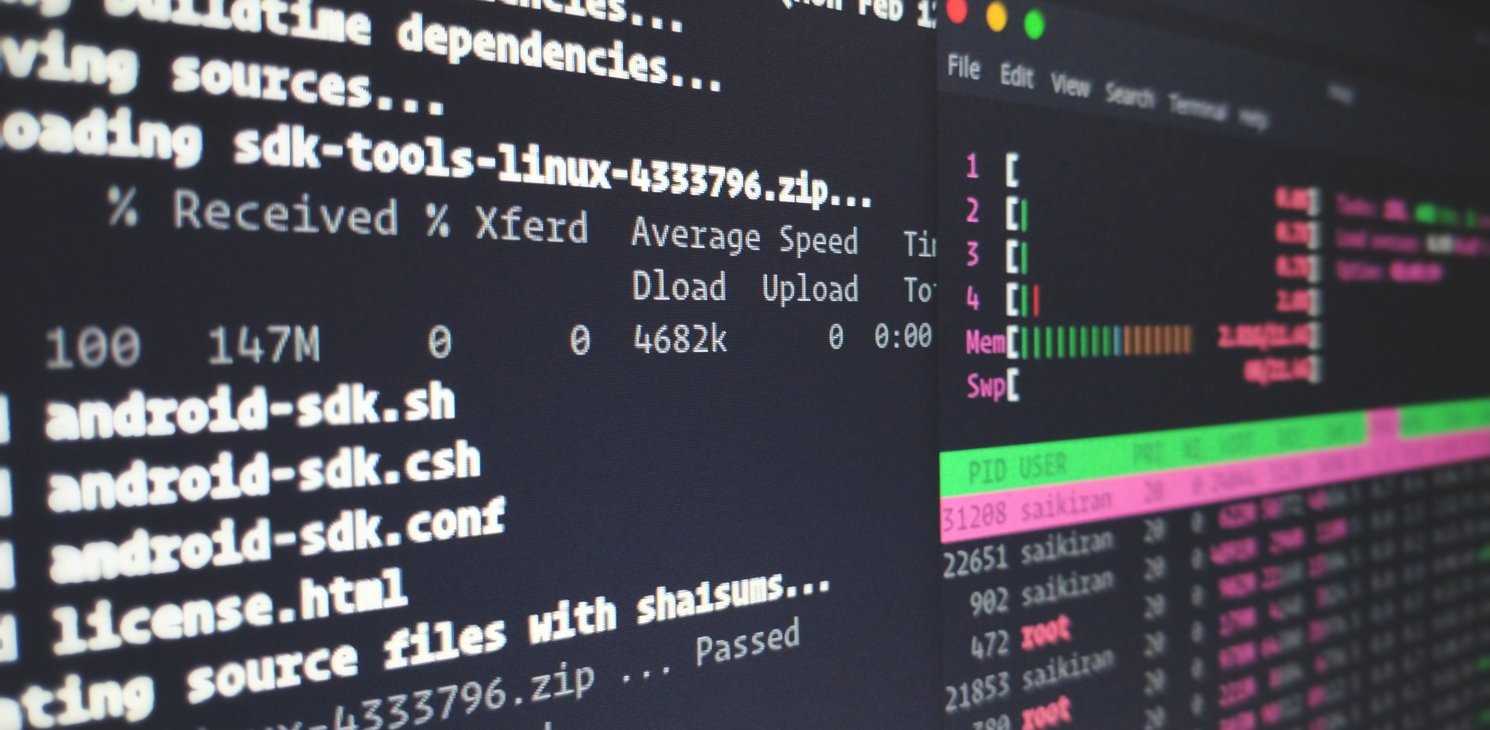
Written by Director of N8 Research Partnership, Annette Bramley
Our education system, like all of our industries, is likely to be revolutionised by the onward march of Artificial Intelligence (AI) and automation into all areas of our lives.
It stands to reason that our tertiary education system, further and higher education will be transformed. It’s imperative that we think about how the Fourth Industrial Revolution is likely to impact on our universities themselves; as well as how they can deliver the skills and mindsets that will meet the needs of both human talent and businesses and help them keep up with the pace of change.
We need to start a debate about what further and higher education is and will be for. Why will we need colleges and universities? What will their relationships be to each other and to schools?
One place to start thinking to the future of education is to reflect on what has gone before. The first industrial revolution led first to huge inequalities in wealth and widespread child labour in the new factories. Laws limiting child labour in textile mills were not passed until 1883. Thankfully, increasing automation meant that fewer children were needed to work in factories, and in time more children of all social classes were able to access an education.
Fast forward to the 21st century and schools are a fixture of our children’s lives. The curriculum now is much broader and the number of years of compulsory education has increased. However, we still think of education as something that happens through childhood, with tertiary education mainly being an experience for those between the ages of 16 and 21. The way we fund and admit students to further and higher education reflects this model.
The Civic Universities Commission released an interim report at the end of 2018 that highlighted the decline in adult tertiary education as a critical threat to the UK’s prosperity as a result of Industry 4.0.
The Chair of that commission, Lord Kerslake, also mused recently that he felt that “we will come to see engagement with universities as a continuum not a single episode”, and that the view that you go to university to do a single degree but do not retrain through a second or third degree during your lifetime will come to be “a quaint view”.
As well as providing skills for workplaces in businesses and the public sector, universities themselves are workplaces that will be transformed by AI and automation.
It is not beyond the realms of possibility that teaching of facts and methods is given over to avatars which learn how best to deliver personalised curricula to individual students by distance learning.
But education is about more than teaching facts and methods. It needs to enable citizens to develop skills like critical thinking, constructive challenge, debate and emotional intelligence. The businesses of today need employees with a fully rounded set of skills, particularly the small and medium sized businesses which make up around 99% of all UK businesses and account for around 60% of private sector jobs. Where will creativity, innovation and emotional intelligence be fostered if not through our schools, colleges and universities?
Our universities have a fundamental role to play in convening and contributing to this debate. As anchor institutions for their local communities they are trusted independent forums for conversations about complex and systemic issues such as those we are now facing. I believe it is crucial that they provide space and leadership in thinking about the kind of education system we want to create in the future to take advantage of the benefits of AI and automation for more prosperity and better quality of life for everyone.